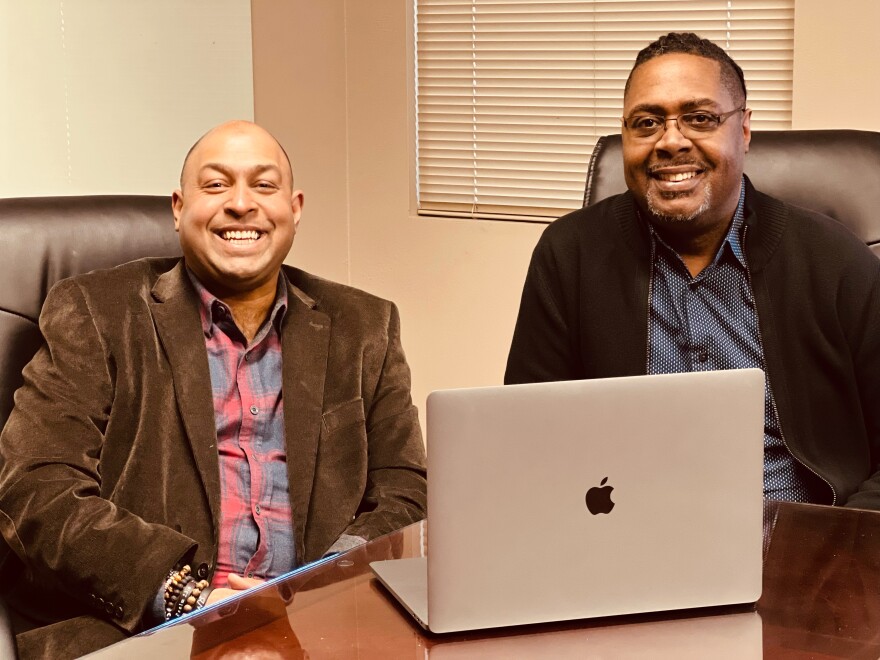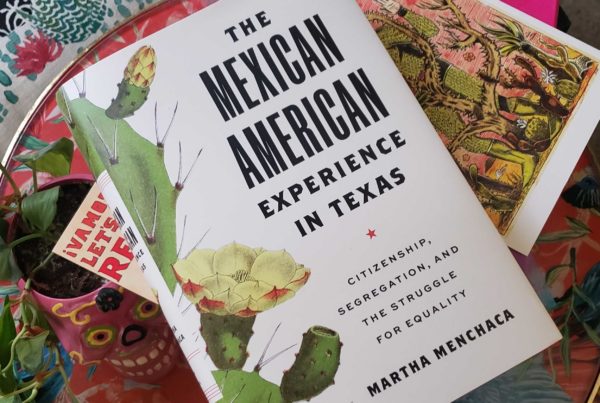Research from the Centers for Disease Control and Prevention, or CDC, has reported people have experienced an increase in mental health challenges during the COVID-19 pandemic, including increases in anxiety, depression and substance use.
Alexandr Philip is a licensed professional counselor, and Nick Dillon is a licensed chemical dependency counselor. Both practice and see clients in Flower Mound. They share what it’s been like to support people over the course of the pandemic, including misconceptions about therapy.
Biggest misconceptions about going to therapy
Nick Dillon: A lot of people come to seek out counseling looking for the solution to be with us. Even in counseling, we work with the individual to heal themselves, mentally, emotionally, spiritually. We allow them to see that no, you’re not coming here for me to own your problem. There’s still some work that has to happen to be able to show up outside of counseling your highest and best self.
Alexandr Philip: I think that the biggest misconception people have is what therapists actually do. There isn’t a big couch where you lay down and everything is fixed. There isn’t a magic pill. So you have to really be clear with the expectations. Also, people seem to think therapists are perfect. I do my best to make it abundantly clear that I’m not perfect. And I don’t have all the answers.
With grieving, ‘people process differently’
Nick Dillon: People need to understand that people process differently. We may have a common expectation of how we believe people should deal with it and process it. I’m real big on reminding folks who will say, ‘Well, I don’t understand they’re not grieving.’ Well, how do you know that?
Alexandr Philip: [Sometimes people] try to process the grief very quickly. One of the things I didn’t mention is I have a background in music. I’m a classically trained singer. And so I talk about tempo: I tell them to slow down, because they’re so worried about everyone else in their lives, and pleasing them. I try to slow them down. Let’s take our time, there is no rush.
Got a tip? Email Elena Rivera at erivera@kera.org. You can follow Elena on Twitter @elenaiswriting.














